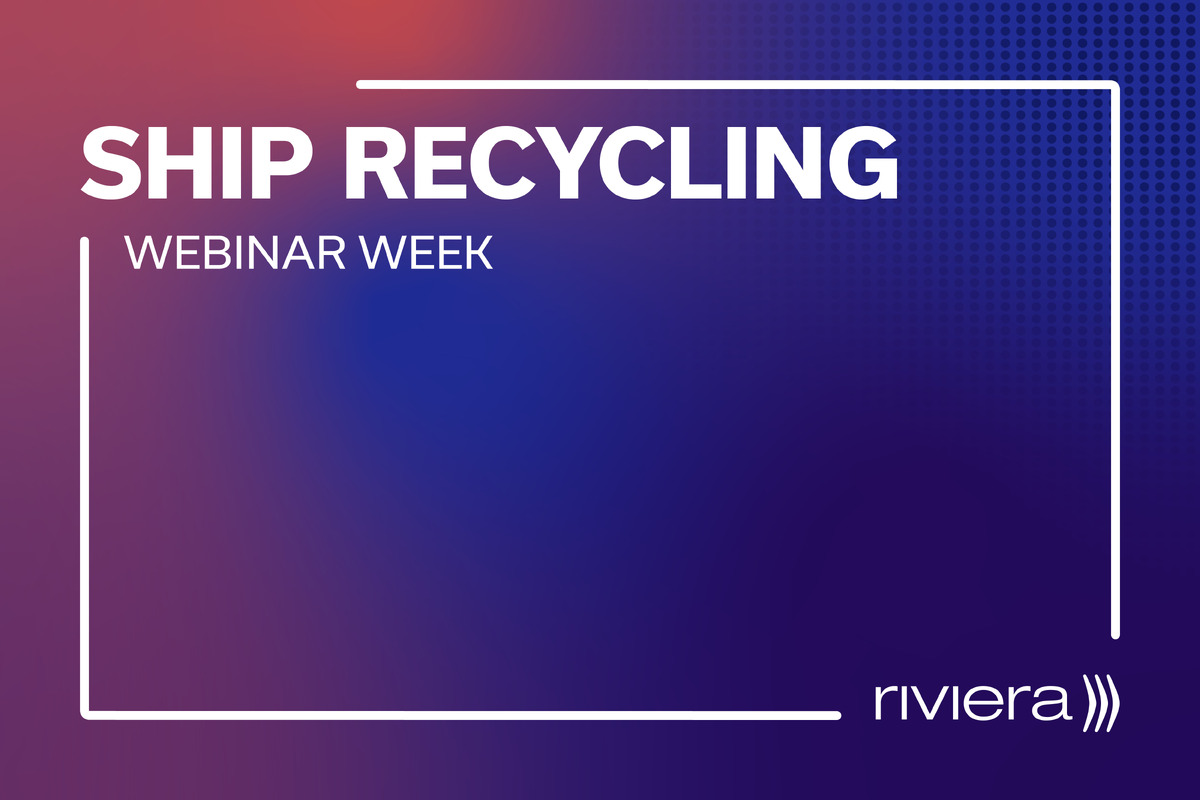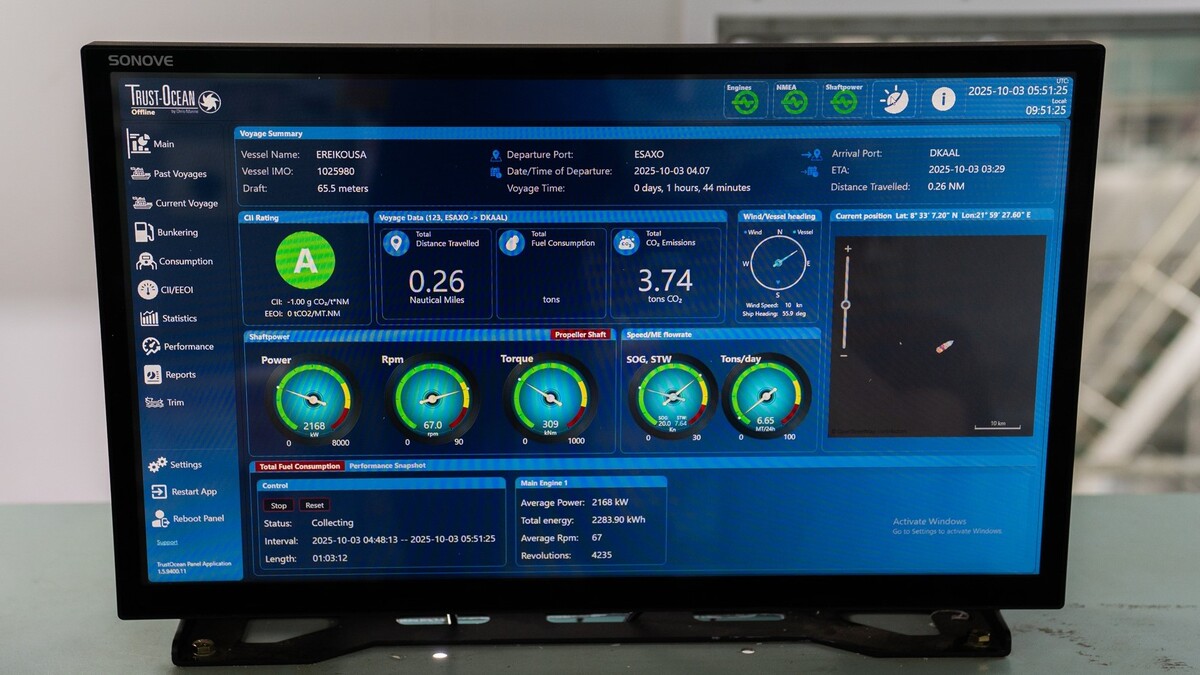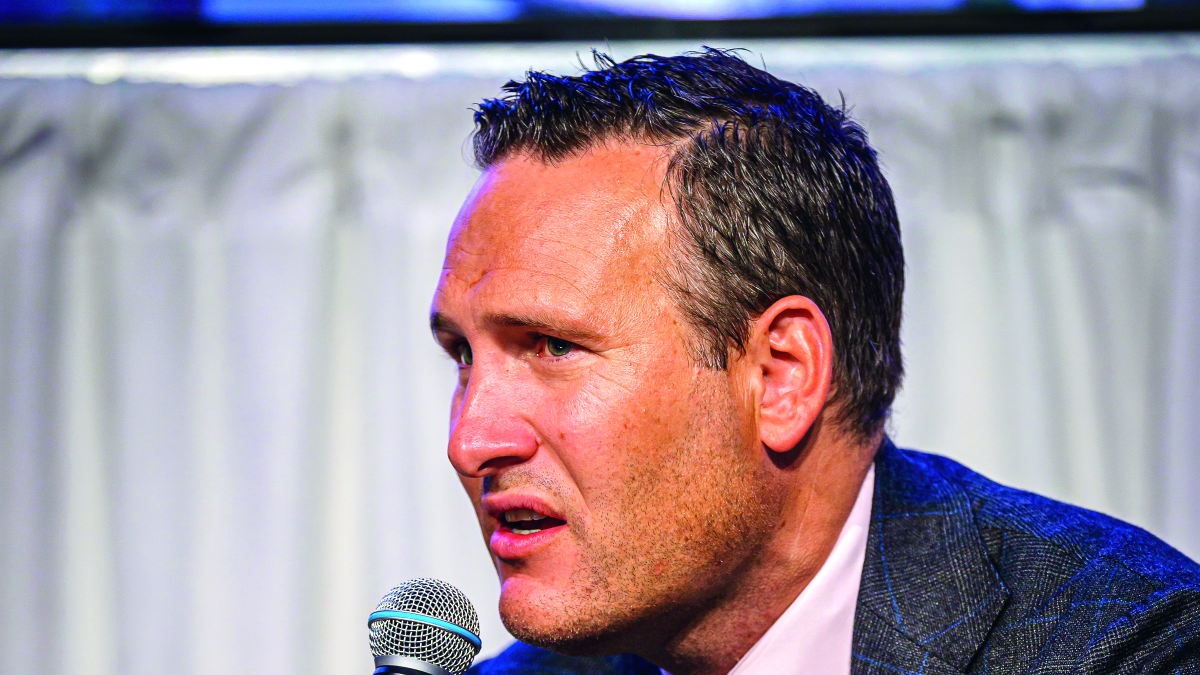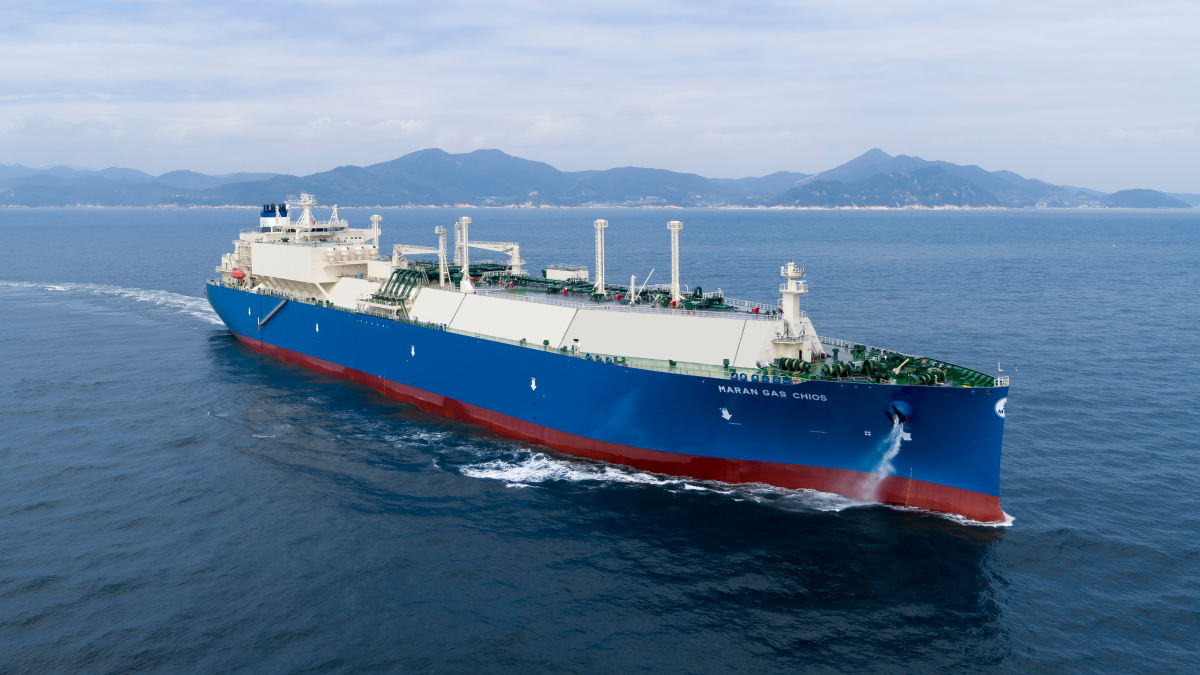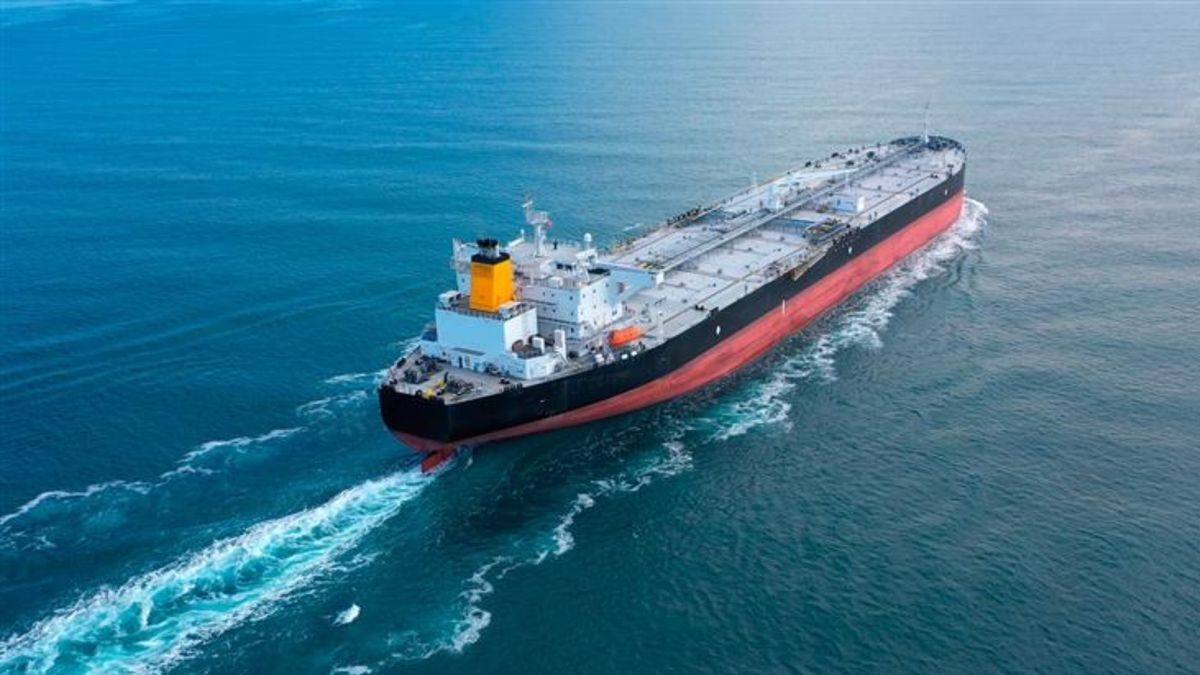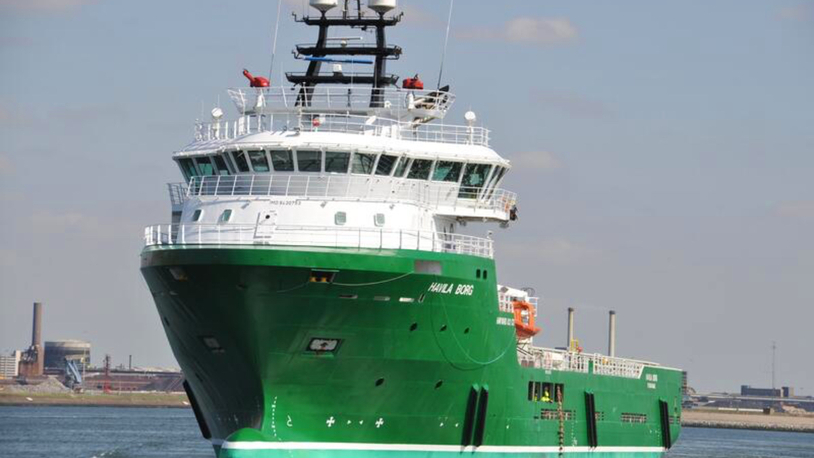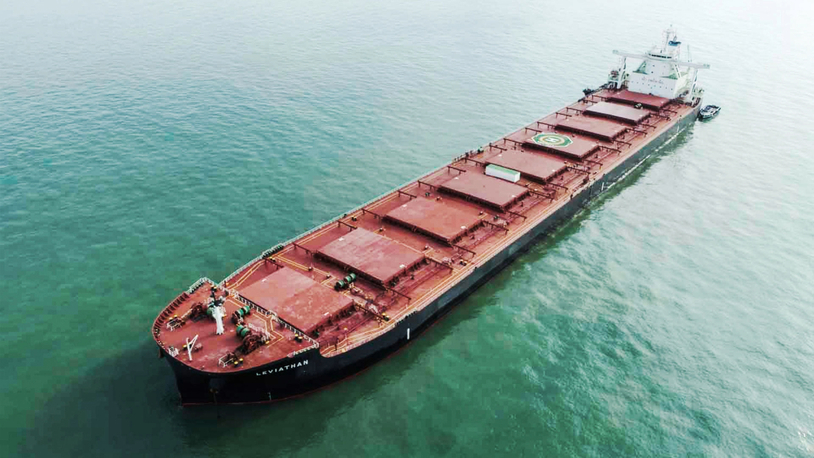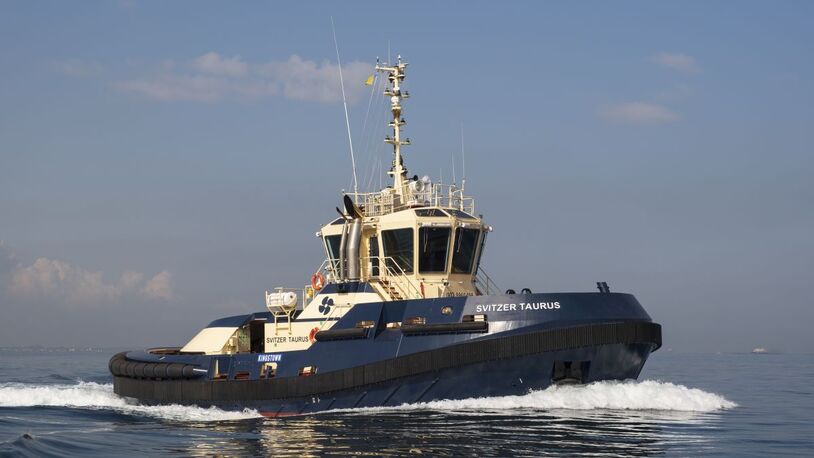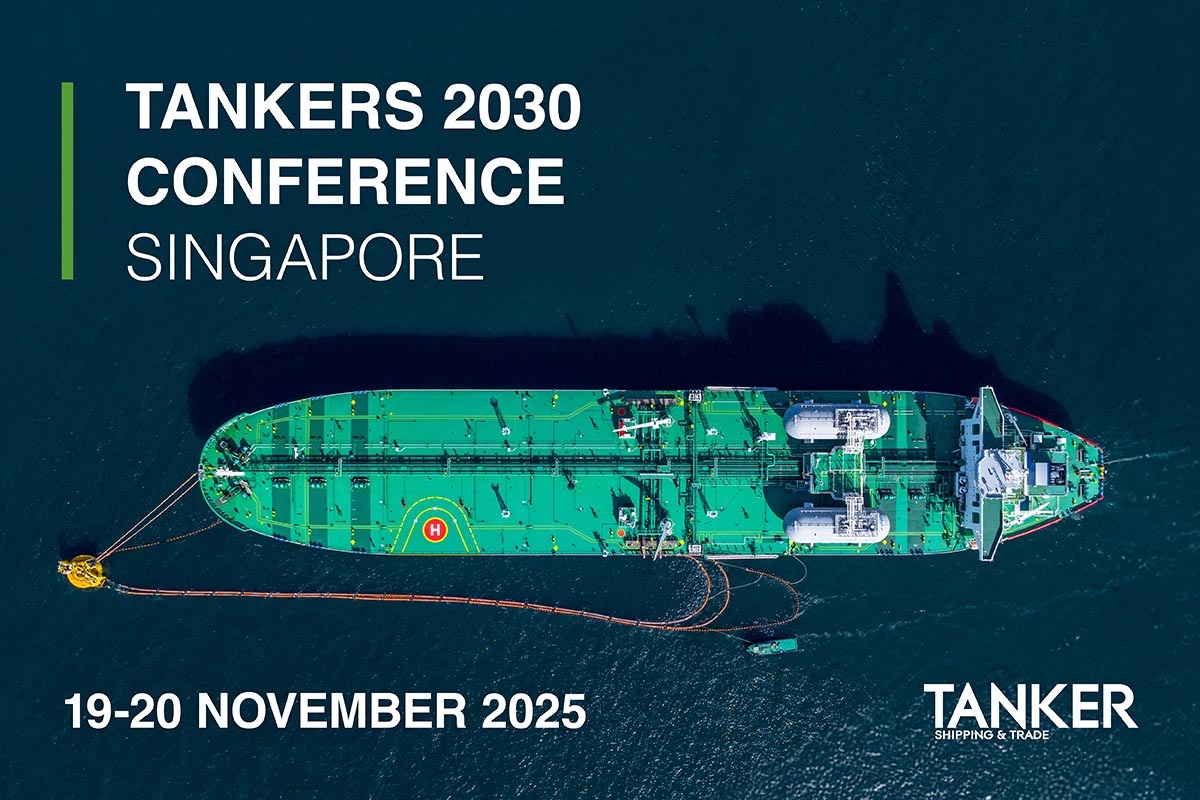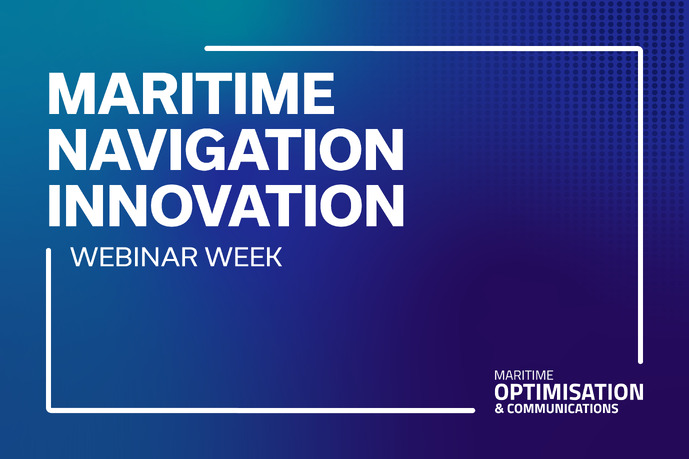Business Sectors
Events
Ship Recycling Webinar Week
Contents
Register to read more articles.
2024 sees contrasting fleet maintenance strategies for LNG shipping companies
LNG carrier operators are adopting diverse approaches to fleet upkeep, balancing dry-docking, retrofits, and financial restructuring to optimise operations
In the first half of 2024, publicly listed LNG carrier operators used a range of strategies to manage the costs associated with maintaining their fleets, executing retrofits and scheduling essential dry-docking activities. With the LNG market experiencing increased demand due to rising energy needs and the push towards cleaner fuel sources, the operational efficiency of these fleets remains crucial. Examining some of the financial results, it becomes clear how companies are positioning themselves for both operational readiness and long-term profitability.
GasLog Partners: leaning towards fleet optimisation
GasLog Partners reported a revenue of US$87.3M for Q2 2024, a 10% decrease compared to the same period in 2023. However, its profit improved to US$38.6M, up from US$35.7M in Q2 2023, reflecting an 8% increase. The company’s strategy in 1H 2024 focused on optimising its fleet by reducing the number of older vessels, which has had a direct impact on maintenance and dry-docking costs. GasLog, in its Q2 report, highlighted a sale and leaseback arrangement for an unnamed tri-fuel diesel-electric (TFDE) LNG carrier, which is expected to reduce future maintenance expenditures. As the company noted: "The sale is expected to be completed within the third quarter of 2024," reflecting its intent to streamline operational expenses related to older vessels.
Navigator Holdings: focus on newbuilds, minimising immediate costs
Navigator Holdings reported US$37.6M in voyage revenue for Q2 2024. While newbuild investments continue to shape Navigator’s strategy, the company’s focus has been on expanding its fleet, rather than incurring substantial repair and retrofit costs for its existing vessels. This approach has allowed the company to keep immediate maintenance costs under control. With contracts for new ethylene gas carriers expected to bear fruit by 2027, Navigator is poised for long-term growth but is avoiding the short-term costs of retrofitting older vessels.
Höegh Evi: sustaining efficiency through fleet upgrades
Höegh Evi posted a total revenue of US$258.8M for 1H 2024, representing a slight decline from US$264.2M in 1H 2023. Similarly, EBITDA fell from US$170.6M in 1H 2023 to US$153.9M in 1H 2024, a decrease of approximately 10%. Despite the decrease, Höegh has maintained a steady focus on fleet efficiency, particularly with its floating storage regasification units (FSRUs). The company allocated funds for upgrades: "Net cash outflows from investing activities amounted to US$10.9M, driven by expenditures for FSRU equipment and class renewal costs," the 2H 2024 financial report stated.
Flex LNG: efficiency in dry-docking
Flex LNG reported US$174.9M in revenue for 1H 2024, alongside a total profit of US$55.0M. Notably, the company saw a 34% drop in quarterly profit from Q1 to Q2, reflecting fluctuations in market conditions. Nevertheless, Flex LNG successfully completed two major dry-docking operations in the second quarter: Flex Constellation and Flex Courageous. “We completed the five-year special survey of the sister ships Flex Constellation and Flex Courageous according to plan and budget,” said CEO Øystein Kalleklev.
Dynagas LNG Partners: lease financing eases financial strain
Dynagas LNG Partners generated US$75.7M in revenue for 1H 2024, slightly up from $74.9M in the same period in 2023. However, the company’s profit dropped by 6.25%, from US$24M in 1H 2023 to US$22.5M in 1H 2024. To alleviate some of the financial pressures, Dynagas secured a US$345M lease financing deal in June 2024. This allowed the company to fully prepay its US$675M credit facility, which was due to mature later in the year.
Riviera’s LNG Shipping & Terminals Conference will be held in London, 12 November 2024. Click here for more information on this industry-leading event.
Related to this Story
Events
Ship Recycling Webinar Week
International Bulk Shipping Conference 2025
Tankers 2030 Conference
Maritime Navigation Innovation Webinar Week
© 2024 Riviera Maritime Media Ltd.
